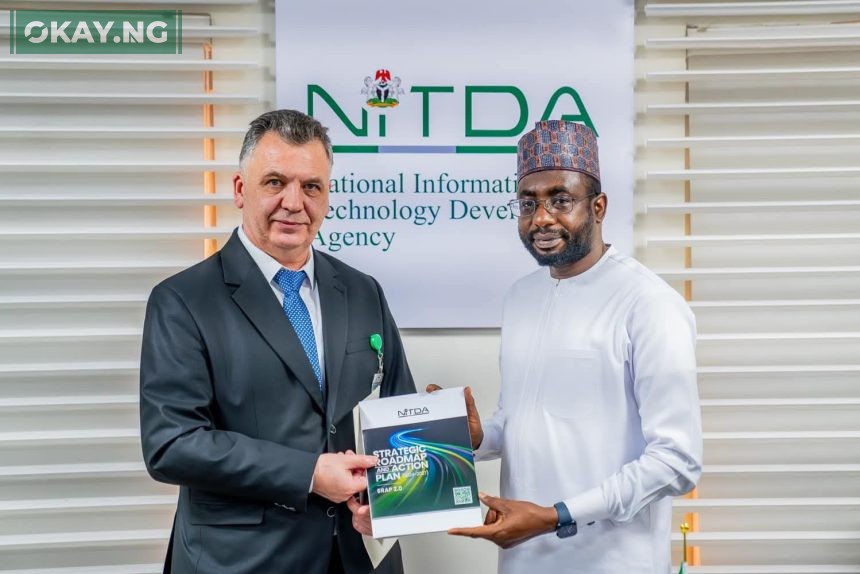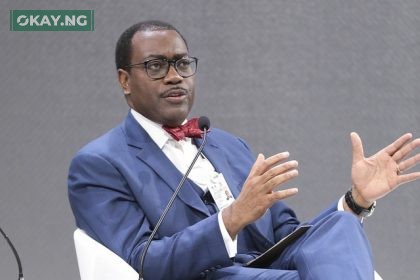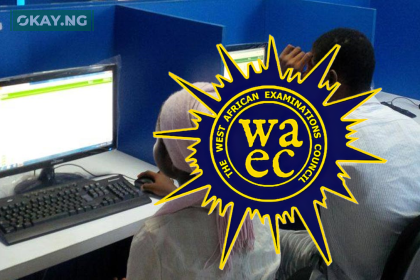In line with the Renewed Hope Agenda of the President Bola Tinubu administration, the National Information Technology Development Agency (NITDA) is intensifying efforts to create a one-stop-shop portal for all government services.
The initiative aligns with the President’s directive to digitise 75% of government services by 2027, a target that is actively being pursued by various stakeholders.
This was disclosed when NITDA’s Director-General, Kashifu Inuwa CCIE, and his team hosted a delegation from the Ukrainian Embassy in Nigeria led by its Ambassador, Mr Ivan Kholostenko, at the agency’s corporate headquarters in Abuja. The meeting focused on potential collaborations to enhance productivity, transparency, and trust in government processes.
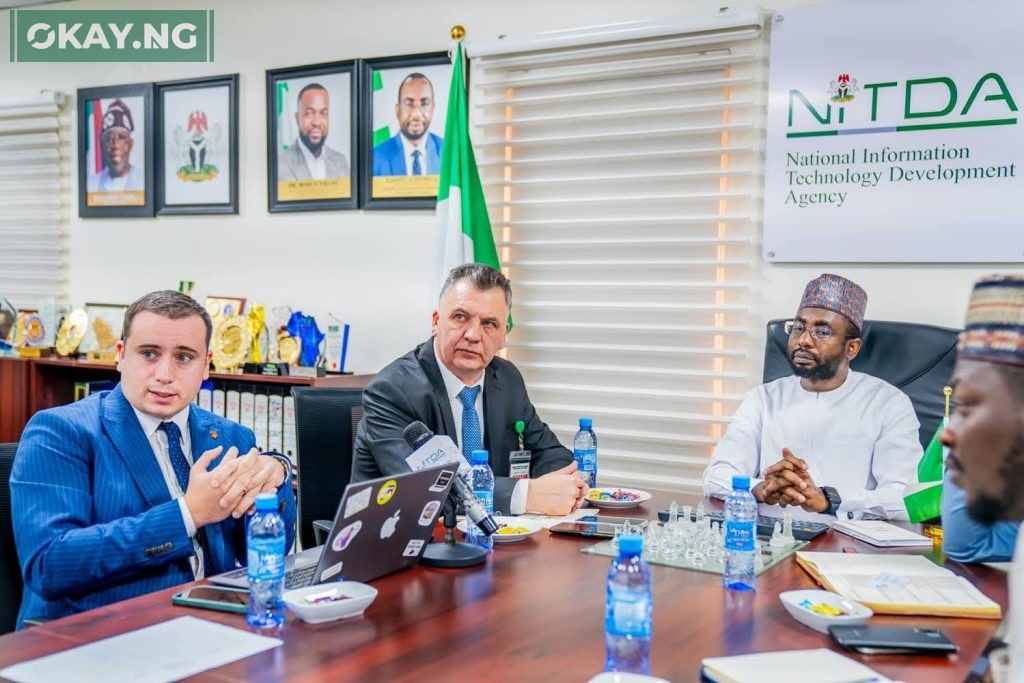
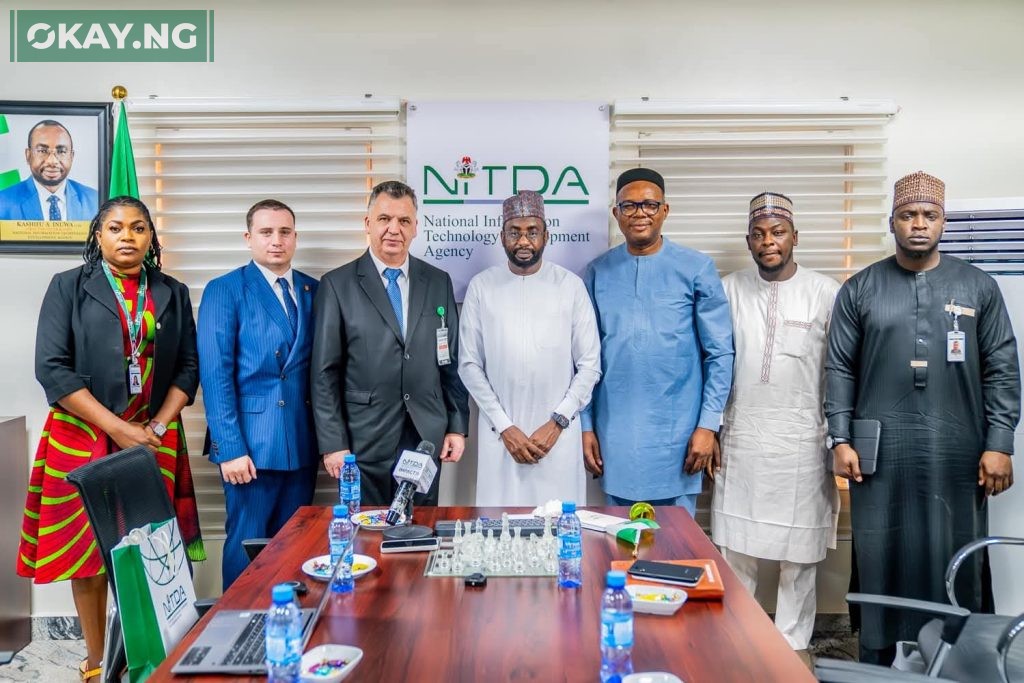
Despite previous attempts to establish a centralised e-government portal, such as OneGove.net, the NITDA DG noted that the agency has played a pivotal role in shaping its design, standard guidelines, and implementation strategies. However, renewed commitment and extensive research into global best practices have reignited the drive to achieve the goal.
“We have been doing research on how UK, Kenya and other countries have achieved this, so I believe we can learn from you as well to see how we can build our own.”
“While such models are not entirely transferable between nations, we can learn from their experiences to develop a framework that works for Nigeria,” he added.
Proposing legal frameworks to support the initiative, Inuwa disclosed that NITDA has identified multiple models from other nations that allow government agencies to provide services through an Application Programming Interface (API), while others deliver services exclusively through designated portals backed by law.
“If we want to achieve this, we need to have these laws in place and kickstart the process of enacting the laws in order to facilitate a smooth and effective digital transformation,” he averred.
He further revealed that the agency is engaging with the International Telecommunication Union (ITU) to ensure alignment with global digital governance standards, a move expected to provide valuable expertise for Nigeria’s digital transformation roadmap.
“This initiative is seen as a critical step towards enhancing efficiency, reducing corruption, and promoting transparency in government operations. By leveraging global best practices in alignment with national policies and digital transformation goals, Nigeria will have a smart, seamless and citizen-friendly government service experience,” he concluded.
Speaking on Ukraine’s experience, Ambassador Kholostenko highlighted the success of his country’s Diia application, a digital ecosystem that integrates all state registers, databases, and government services into a single platform.
He expressed Ukraine’s willingness to assist Nigeria in developing a similar system, stating:
“I want to note that we are interested to expand and help other countries to make a digital state, reduce bureaucracy, reduce time for getting state services and of course, to reduce corruption risks, because human-to-human interaction is minimal.”


